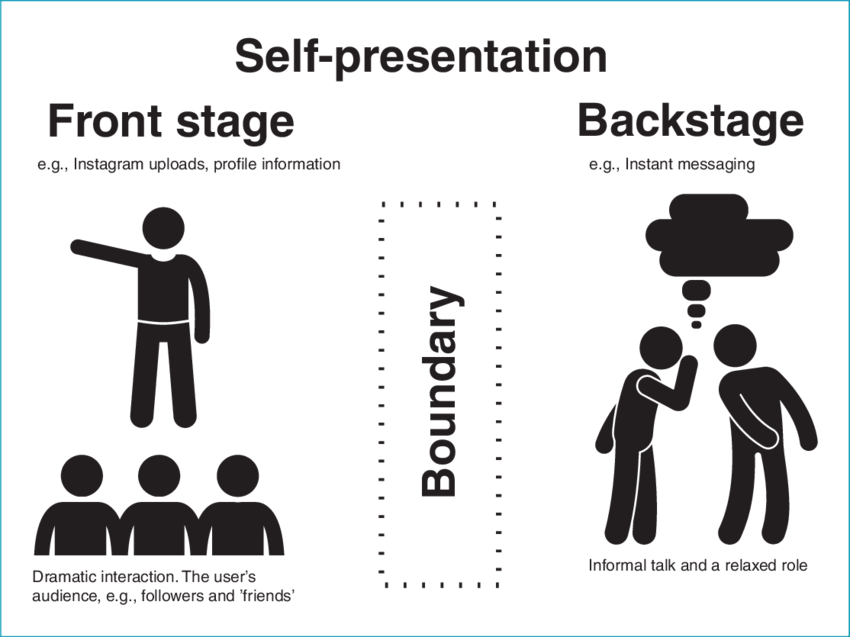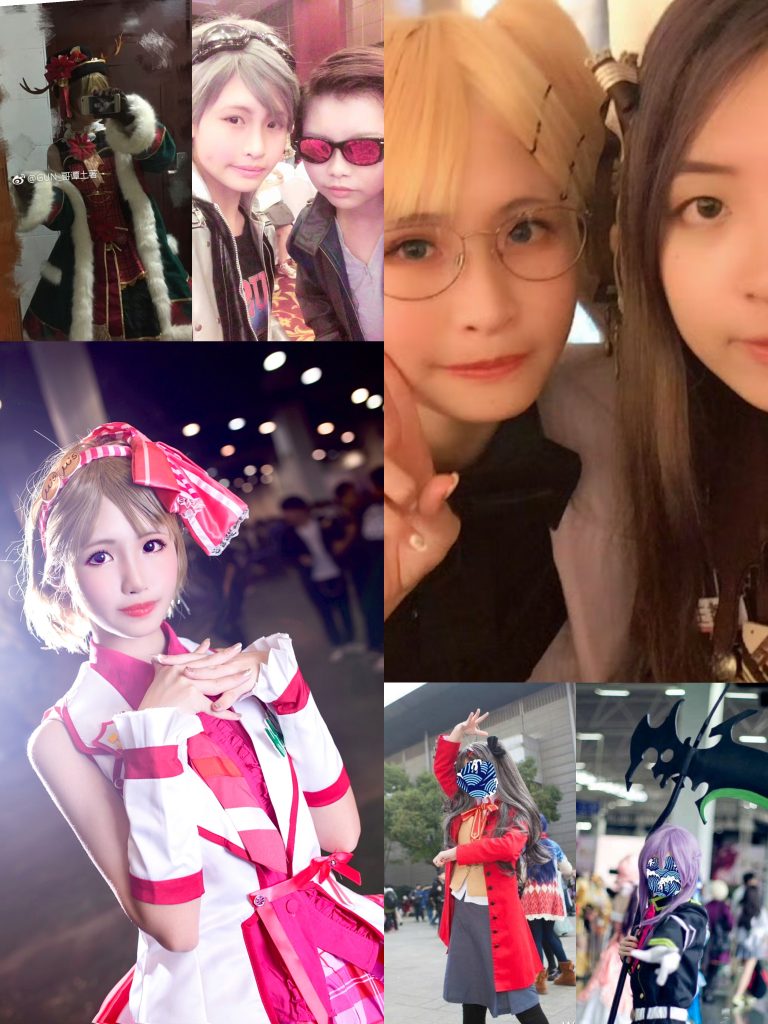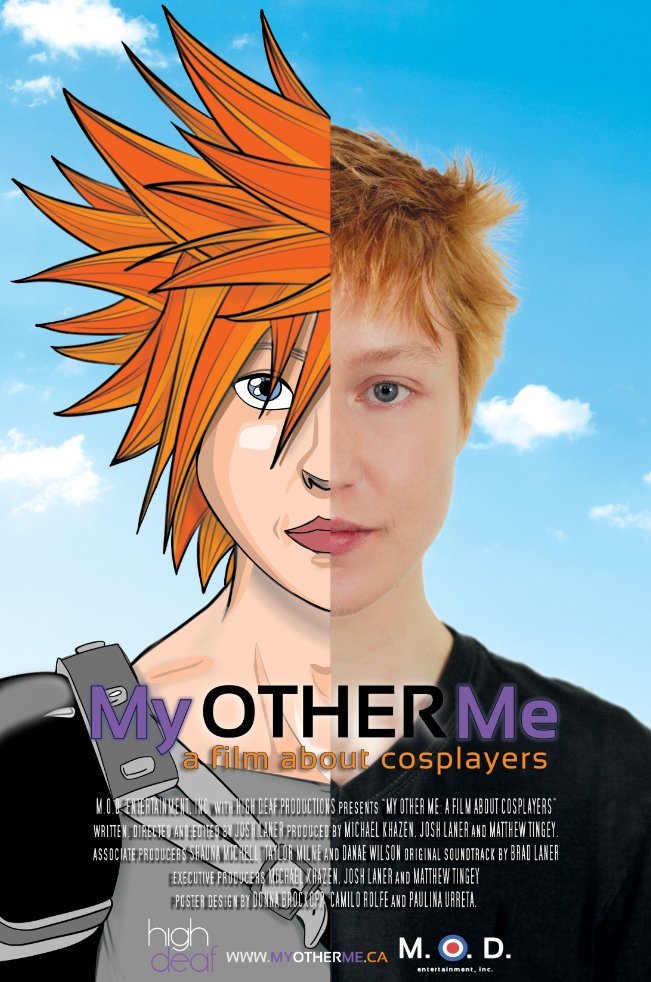When I was in junior high school, I was particularly fond of watching anime, and whenever I saw the characters in it showing themselves, it would always make my heart thrill, and my mind would think about how I could become like them, and it was at this time that I came into contact with internet forums, where enthusiasts would use another internet name to share how they could become their favourite characters. And this kind of activity is cosplay.
Cosplay is a combination of the words “costume” and “play,” in which participants dress up as characters from comic books, movies, TV shows, and video games. The theories from Erving Goffman, particularly those presented in his book Self-Presentation in Everyday Life (Goffman, 1959), provide a fascinating lens through which to examine cosplay and identity construction in the digital world. Goffman’s dramaturgical analysis describes how people play different roles depending on their social interactions, switching identities like actors in a play.

The forms of identity play in which cosplay participates are closely related to the multiplicity of digital identities. In Goffman’s words, cosplayers are performing “backstage” when they attend a comic con or post photos online. “Backstage” is where they prepare their costumes and props and decide how to present their characters. These preparations are often shared on social media platforms, giving a behind-the-scenes look at the identity construction process.By putting on costumes and playing roles in a variety of media, they display and construct identities that may be very different from their everyday selves.

Digital platforms amplify this, providing cosplayers with the platform to showcase these carefully crafted identities to a wider audience and engage with communities with similar interests.
Online, Cosplayers portray themselves through selective posting and participation, exploring different facets of their personality and creativity. The digital space becomes a stage where the line between the real self and the performed identity blurs, resulting in a dynamic interplay between Cosplayer and character, reality and representation. This interactivity and visibility in the digital world provide unique opportunities for self-expression, community building, and even professional development as they navigate their multifaceted identities online.
References
Featured image from:https://www.imdb.com/title/tt2195922/
Goffman, E. (1959). The Presentation of Self in Everyday Life. New York: Anchor Books.


This was a very interesting article, and the way you incorporated Erving Goffman’s theories and one of the current specialties belonging to our time, cosplay, into it for a conceptual interpretation was very new to me. Cosplay is an art form that I have never been exposed to in the past, or even in my life for that matter. It’s very interesting that you relate cosplay to people roleplaying in the data society, and it makes me think about how when people see different anime characters being portrayed in reality, from time to time they associate the character and traits of the anime characters themselves as a result of that, and also how it somewhat reflects the character preferences and personal preferences of the person portraying the character, and helps people to have an initial understanding of each other. At the same time, cosplay will make people’s appearance will produce a big change, to a certain extent, also let people become another character. Very great post, I love it so much!!
I love your example. I never thought cosplay could be related to this topic before.
Your essay is fantastic, your blog not only shows your love for cosplay culture Secondly you combine cosplay and Goffman’s theory very well, especially in the digital field with deep reflections. But I think you could have added a story of your cosplay, which would have been more engaging, and also further exploration could have enriched your analysis. After going through your essay I also realised that cosplay is not only just an entertainment but also an important channel of identity.
It is impressive to connect the construction of identity in the virtual world with cosplay, many people tend to focus solely on the appearance of the character, without delving into the deeper reasons why individuals choose to perform in this way. In reality, people who participate in cosplay do so because they recognize a particular character’s role and aspire to emulate them.
Great work! Cosplay culture has always fascinated me, and you perfectly illustrated your understanding of the topic by using it as an example. Talking about your own experiences really moved me. Honestly, I would love to continue reading about your experiences with your identity doing cosplay as it is a great example of this theory!
This is a well-written and thought-provoking blog that skillfully uses Goffman’s theory to analyze the fascinating world of cosplay in the digital age. By expanding on your analysis and exploring different perspectives, you can make your post even more engaging and insightful for readers interested in cosplay, identity, and the role of online communities.